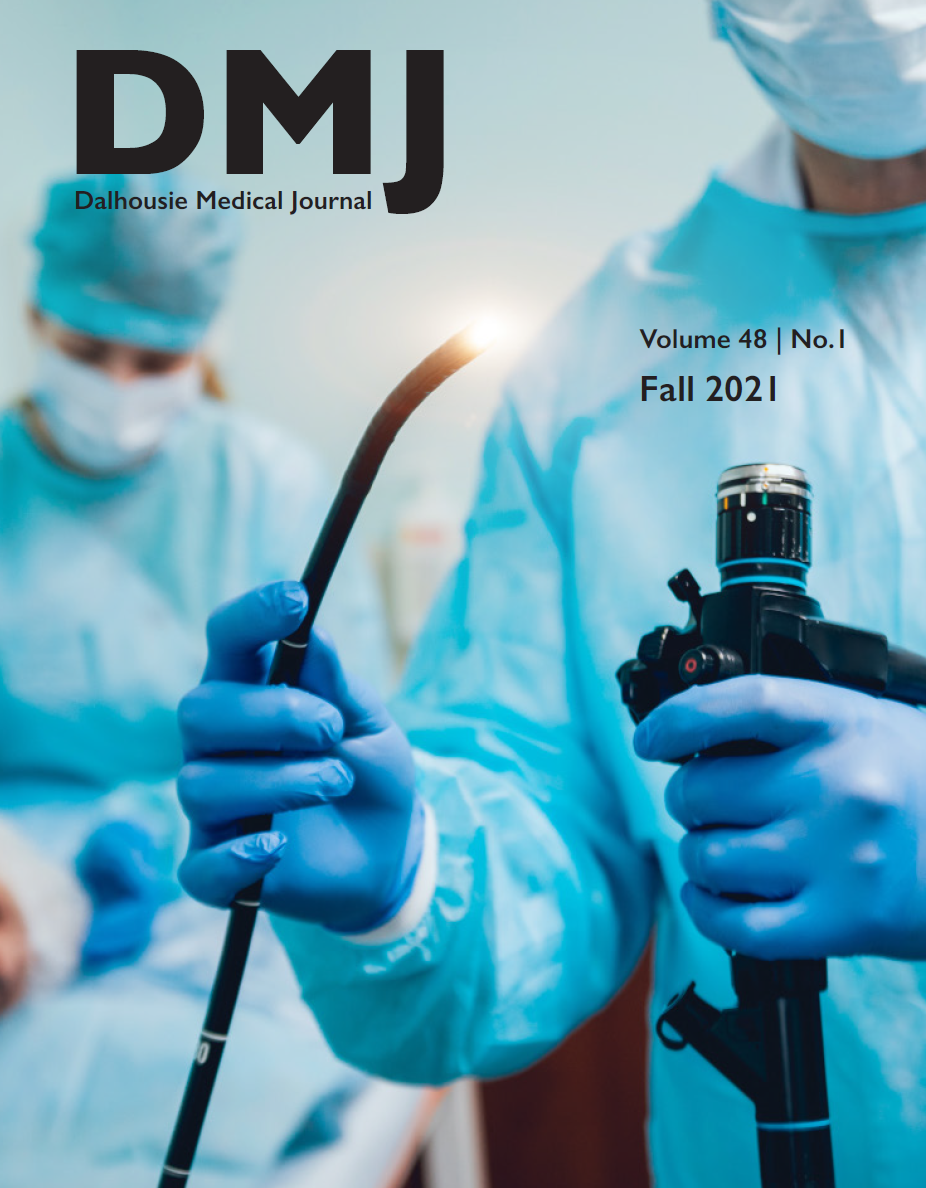Pain mitigation during vaccine injections of the frail older adult population: A systematic review
DOI:
https://doi.org/10.15273/dmj.Vol48No1.11261Abstract
Background: Adults require disease-appropriate immunizations against a variety of vaccine preventable illnesses. The frail older adult population is at particular risk if not appropriately immunized due to increased vulnerability of morbidity and mortality. Despite this, adult immunization rates continue to be suboptimal, and studies have shown that pain mitigation is an important, modifiable factor in low immunization rates.
Objectives: To determine the effective pain mitigating interventions available for use by the frail older adult population during routine vaccine injections.
Methods: A systematic review of randomized controlled trials and quasi-randomized controlled trials was conducted, evaluating the effectiveness of available pain-relieving interventions during vaccine injections of the frail older adult population. Original articles were searched through MEDLINE via Ovid, EMBASE, the Cochrane Central Database, CINAHL via EBSCOhost, and grey literature until February 2017.
Results: There were no documented trials to investigate the effectiveness of pain-mitigating strategies during vaccine injections of the frail older adult population.
Conclusion: This systematic review demonstrates the need for investigation and further research of pain-mitigating strategies in the immunization of frail older adults. Research in this field may help to improve vaccination rates in this population.
Downloads
Published
How to Cite
Issue
Section
License
Authors who publish with this journal agree to the following terms:
- Authors retain copyright and grant the journal right of first publication with the work simultaneously licensed under a Creative Commons Attribution License that allows others to share the work with an acknowledgement of the work's authorship and initial publication in this journal.
- Authors are able to enter into separate, additional contractual arrangements for the non-exclusive distribution of the journal's published version of the work (e.g., post it to an institutional repository or publish it in a book), with an acknowledgement of its initial publication in this journal.
- Authors are permitted and encouraged to post their work online (e.g., in institutional repositories or on their website) prior to and during the submission process, as it can lead to productive exchanges, as well as earlier and greater citation of published work (See The Effect of Open Access).


